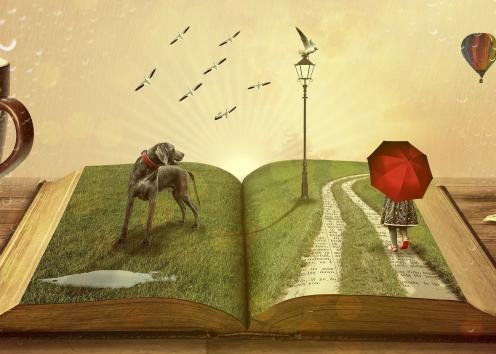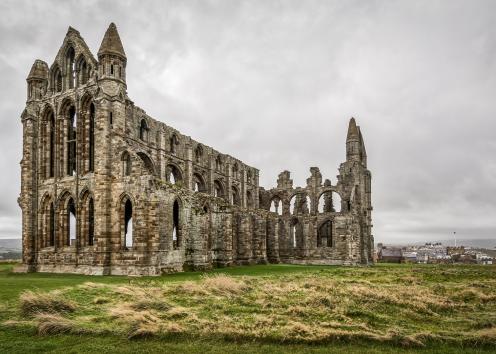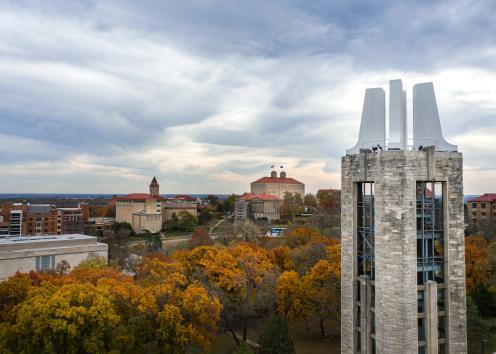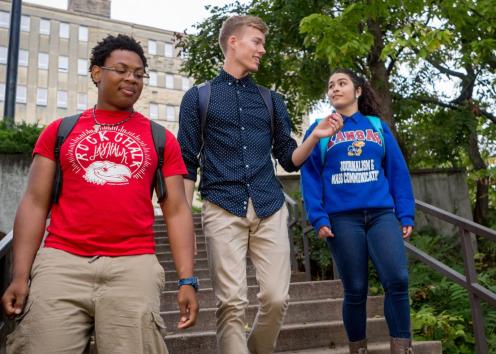Topics Courses Spring 2026
ENGL 203: Topics in Reading & Writing: Professional Communication
Instructor: Jess House
52814 | By Appointment | Online (Jan 20-Mar 13)
52815 | By Appointment | Online (Mar 23-May 15)

ENGL 203: Topics in Reading & Writing Literature of Sports
Instructor: Philip Wedge
45982 | By Appointment | Online (Jan 20-Mar 13)
45991 | By Appointment | Online (Mar 23-May 15)
In the Literature of Sports course students will study and write essays on a significant body of sport literature, examining such topics as sports as character-building, sports hero types, hero- worship in fans, violence in sports, corruption in sports, the translation of sport literature to film, and so on. Required coursework consists of 3 major Essays and a revision assignment (50%), and a comprehensive Final (20%). Homework (30%) includes group work and short writing assignments. Class participation is also of considerable importance. TEXTS: Eric Greenberg, 'The Celebrant;' Clifford Odets, 'Golden Boy;' Angie Abdou, 'The Bone Cage;' Anne Lamott, 'Crooked Little Heart;' August Wilson, 'Fences;' F.X. Toole, 'Million Dollar Baby;' H.G. Bissinger, 'Friday Night Lights.'

English 328: Literature of Sports in the Movies
Instructor: Philip Wedge
55799 | MW 2:00-3:15 PM | Wescoe 4037
This course will examine works of sport literature in several genres and compare them to the film adaptations of these works. Of particular interest will be how themes, characters, settings, and so on are adapted to film. We will study works that gain “Hollywood” endings (The Natural, Golden Boy) and ones that are more faithfully translated to the screen (That Championship Season). We will also consider how different genres move to film, as we study these novels, plays, non-fiction works, and short stories. Among the films we will examine are Field of Dreams (Shoeless Joe) and Million Dollar Baby. Required coursework consists of 3 major Essays (55%), and a Final Exam (25%). Homework (20%) includes pop quizzes and shorter writing assignments. Class participation is also of considerable importance. TEXTS: Kinsella, Shoeless Joe; Malamud, The Natural; MacLean, A River Runs Through It; Odets, Golden Boy; August Wilson, Fences; Bissinger, Friday Night Lights; Hornby, Fever Pitch; Toole, Million Dollar Baby.

ENGL 329: Topics in Forms and Genres: The Graphic Novel
Instructor: Mark Luce
26523 | Th 7:00-10:00 PM | Regnier 354 (Edwards)
While many have demeaned anything drawn with panels as little more than comics, there has been a boom in the quality and quantity of graphic novels in the last three decades. These works continue to grow in sophistication – tracing the horrors of the Iranian Revolution, serving as adaptations of novels, tackling questions of violence and vigilantism, and even serving as a different from of memoir. Such texts certainly require a particular brand of visual literacy and raise questions of how, exactly, to write and think about visual literature. We will survey some of the major writers and works in the genre to explore such issues.

ENGL 390: Studies in: Reading Novels as a Writer
Instructors: Laura Moriarty
50229 | TuTh 11:00 AM-12:15 PM | Wescoe 4076
In this course, we’ll read several novels, mostly contemporary, that have enjoyed critical and/or commercial success, and we’ll try to analyze what made them successful. We’ll read these novels as novelists, paying attention to their structures, narrative devices, story arcs, and techniques that might be useful in our own work. We’ll look at what the opening chapters accomplish, and how each author keeps the reader engaged through a novel’s middle and end. We’ll take novel-writing axioms (e.g. “The protagonist has to want something, and want it badly.”) and see if they hold up against real novels. Each student will write short papers and give presentations over the course of the semester. Students can also expect regular reading quizzes.

ENGL 390: Studies in: Christianity in Fantasy Literature
Instructors: David Woodington
53162 | TuTh 9:30-10:45 AM | Wescoe 1045
This course explores connections between Christianity and popular culture by examining four of the most prominent modern fantasy series: The Chronicles of Narnia by C.S. Lewis, The Lord of the Rings by J.R.R. Tolkien, Harry Potter by J.K. Rowling, and His Dark Materials by Philip Pullman. Through reading, discussing, and writing about these series, we will analyze the role played by Christianity in fantasy literature and discover how various theological themes are addressed in fantasy books. We will also reflect upon the difficulties inherent in determining what makes a text “religious” and explore how the author’s intentions, the audience’s interpretations, and other factors figure into this determination.













